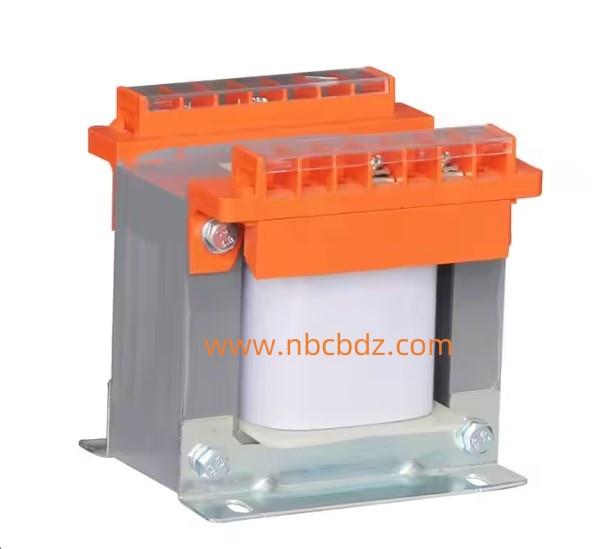BK Control Transformer Factory production plays an essential role in maintaining dependable electrical systems within industrial automation. These transformers help regulate voltage, ensure energy balance, and safeguard equipment from fluctuations that may interrupt automated processes. Their role is foundational in applications requiring precise control, where even small electrical inconsistencies can impact efficiency and accuracy. Manufacturers like Nbcbdz continue refining production standards to match the evolving needs of automation industries.
Automation depends on steady power delivery across complex systems. Machines such as conveyors, robotic arms, and control units require a consistent voltage source to function without interruption. Control transformers manage this by converting and stabilizing voltage levels, creating a secure power environment for sensitive components. When power stability is maintained, automation equipment can operate smoothly, reducing errors and unplanned downtime.
The growth of smart manufacturing has increased demand for reliable electrical components. As factories adopt data-driven control systems, each device relies on precise energy input for accurate signal processing. Transformer production quality now directly influences overall system reliability. A well-designed transformer ensures that every circuit receives the correct voltage, maintaining operational balance and preventing component fatigue.
Manufacturing precision plays a central role in transformer performance. The design process focuses on magnetic core integrity, insulation resistance, and winding accuracy. These factors affect how efficiently transformers manage load variations during operation. Each step of production is monitored to ensure consistent results, creating products suitable for continuous industrial use.
Testing is another vital part of the process. Transformers are evaluated under different loads to confirm stability and thermal performance. This guarantees that once installed, they perform reliably under real working conditions. Through this approach, factories can maintain stable automation performance while improving operational safety.
In addition to performance reliability, safety isolation remains a critical factor. Control transformers separate the power source from sensitive control circuits, reducing electrical interference and enhancing protection for both equipment and operators. This safeguards systems from voltage surges and extends the operational lifespan of machinery.
The shift toward intelligent automation systems continues to shape the role of transformer manufacturing. By focusing on efficient power management and precise voltage regulation, these factories support global industries in achieving steady production outcomes. Consistent energy conversion will remain a core requirement for the next generation of automated systems. To learn more about production technology and transformer applications, visit https://www.nbcbdz.com/



